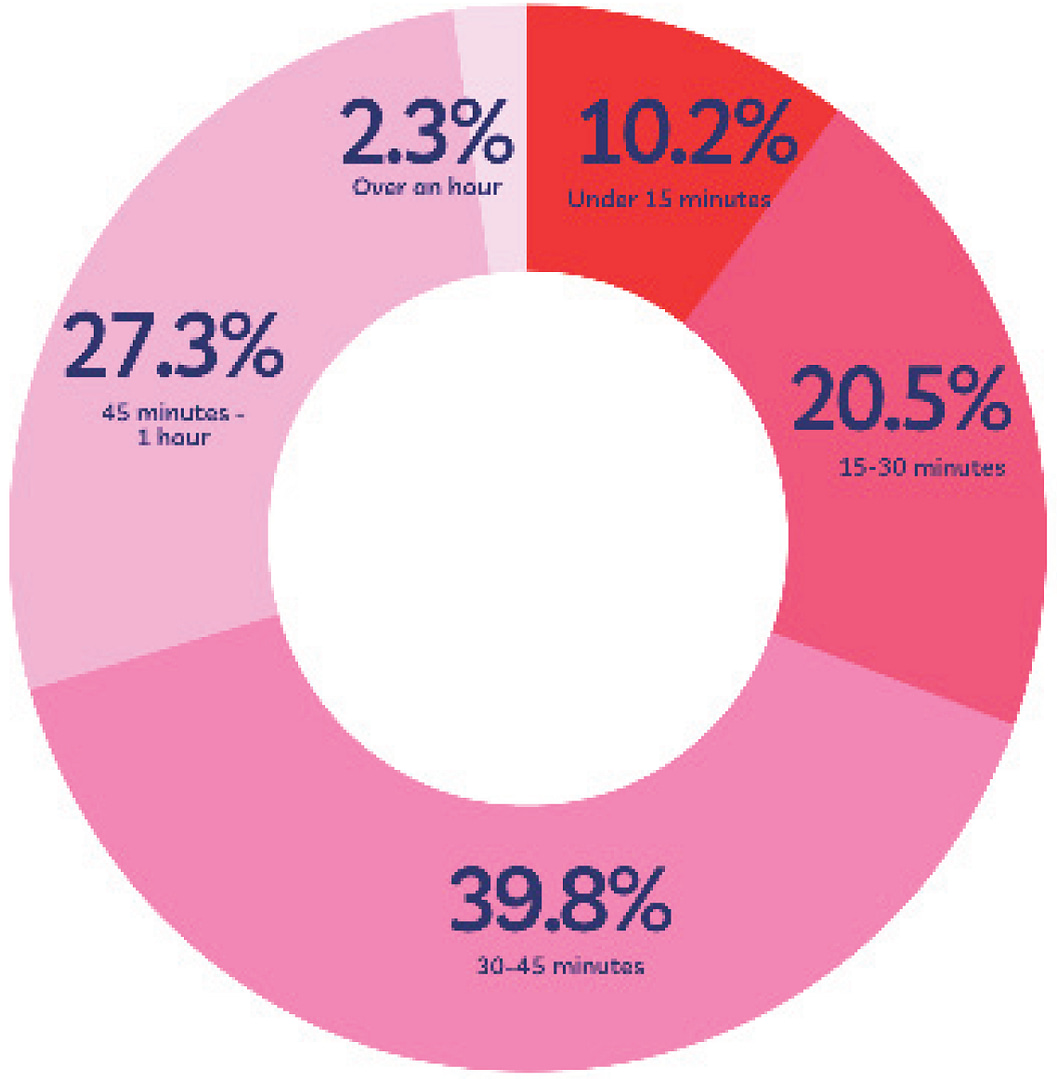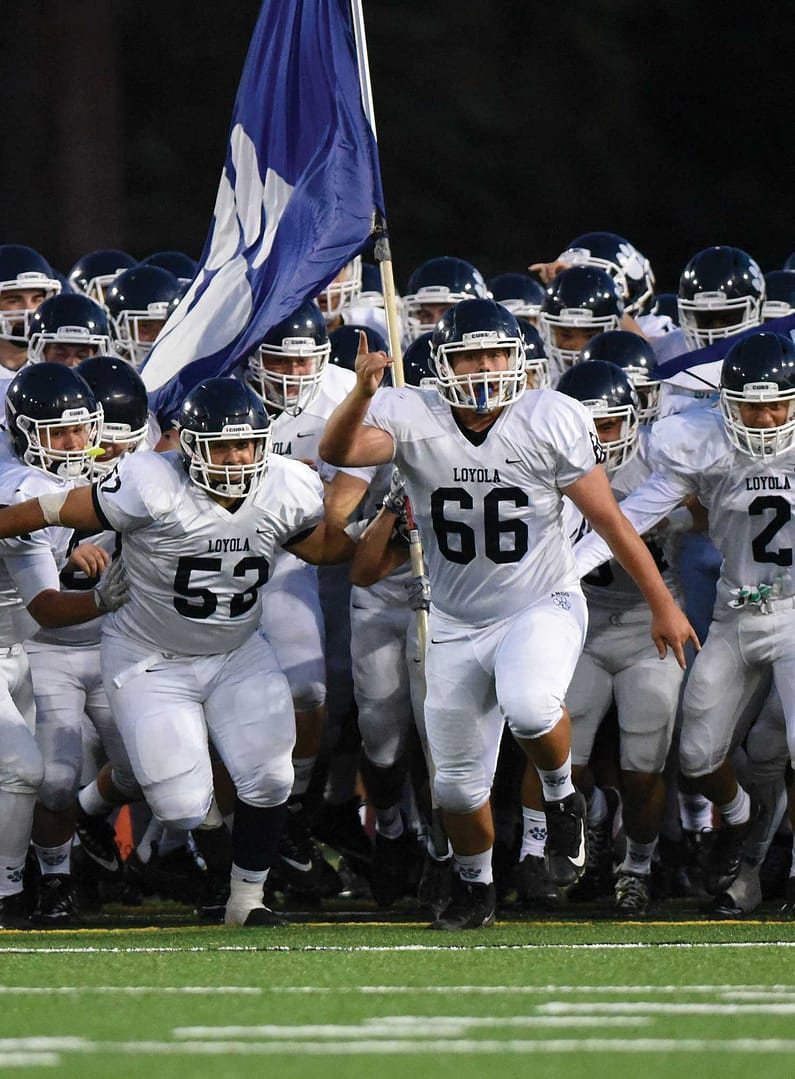The COVID-19 pandemic has brought about a wave of different changes this year for all of Loyola’s students. However, perhaps one of the most notable changes was the college application process for the Loyola students that will be furthering their education upon graduation this year.
Senior Aidan Lee says, “A virtual semester of senior year was a blessing and a curse. On the one hand, I didn’t get to experience the social dynamic of in-person school, but on the other, I really had the ability to buckle down and finish the multitude of supplemental essays in a timely manner.”
The most noteworthy change to college applications this year had to do with the taking and submitting of standardized tests such as the SAT and the ACT. Besides the difficulty of taking the tests safely, many colleges and universities changed their requirements for the tests.
Counselor Gina Liberotti says, “The process this year had an added wrinkle with some colleges going test-optional, some eliminating the tests altogether (the University of California in favor of developing their own) and some still really wanting those tests (Georgetown).”
However, with the help of counselors and teachers, seniors were able to navigate this process to succeed despite the modifications to the college application.
Liberotti continues, “Students were understandably really stressed by this. Loyola was able to help our seniors by offering an on-campus SAT and ACT this past fall thereby making certain all our seniors had at least one set of scores with which to apply to their schools and to still have the option to apply early.”
Although it made the college application process more difficult in some areas, the COVID-19 pandemic also benefited both students and counselors in some regards.
Communication between Loyola and universities was easier to facilitate, and it gave students more opportunities to learn more about many different universities.
Liberotti states, “I think a couple of positive outcomes were the college representatives, whom counseling has cultivated relationships and worked with, were extra communicative and extra helpful with student questions and concerns. And colleges that would not have been able to come to campus previously or would have had time conflicts were able to meet with interested students virtually.”
Beyond this, the pandemic has also helped some seniors by giving them more hours to finish and work on their applications. Because of the stay at home order, seniors were given some newfound time to finish their applications.
Senior Patrick Oh says, “As someone who takes public transportation as my medium of travel for school, the pandemic and online school has opened up extra time in my daily schedule to spend on college applications.”
The pandemic had caused unprecedented alterations to the seniors’ college application process; however, both counselors and seniors were able to successfully adapt despite not meeting meet in-person.
Liberotti concludes, “I think I can speak for all my colleagues when I say we worked especially hard to care for our students in this very peculiar admissions landscape. Not having those organic moments when I would see one of my students in the hall or in Malloy to take advantage of that moment and have a conversation was hard. I missed that.”








Comments are closed.